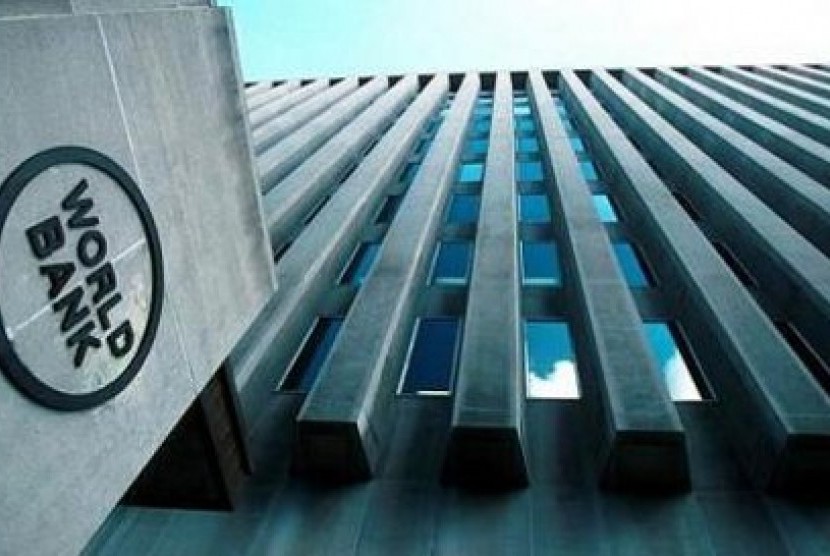REPUBLIKA.CO.ID, JAKARTA -- The World Bank (WB) has appreciated the serious efforts made by the Indonesian government to improve the ease of doing business in Indonesia, particularly for small and medium-scale businesses.
The appreciation came from Augusto Lopez Claros, the director of Global Indicators Group of the WB, when the head of the Indonesian Capital Investment Coordinating Board (BKPM), Franky Sibarani, visited the headquarters of the World Bank in Washington, the United States, on Monday (May 23).
"The steps have particularly helped small and medium domestic firms. We have had in-depth discussions on reforms, deregulation and their implementation in the field of small and medium-scale businesses, particularly when it comes to businesses getting electricity," Franky Sibarani claimed in a press release received here on Tuesday.
During his visit to the WB headquarters, Franky Sibarani was accompanied by Supreme Court Justice Syamsul Maarif, Director General for Public Law Administration Freddy Harris, Head of the Monitoring Affairs of the Financial Service Companies of the Financial Service Authority Eko Rizanoordibyo, Commecial Division Head of state-owned electricity firm PLN Benny Marbun and representatives of the Indonesian Embassy in Washington.
According to Franky, the WB's ease of doing business team said they will follow up on the Indonesian government's report about the improvements brought about in the ease of doing business. It will conduct a survey thorough respondents and collect data in Jakarta and Surabaya (East Java).
"We have presented all the deregulatory measures we introduced with regard to 10 main indicators," he announced.
Franky explained the progress achieved in the Indonesian economic framework and infrastructure, turning it into an engine of economic growth in Indonesia.
The Indonesian government, he underlined, has decided to carry out equitable development across the country. The infrastructure development is the biggest ever program in the history of the country.
The government is planning to build new power plants with a combined capacity of 35 GW, 24 new seaports, 15 new airports, 2,024 new railway tracks, 621 miles of new toll roads, one million hectares of agricultural irrigation system, 49 dams to irrigate the new agricultural fields, and make sea tolls operational in an effort to link the main ports in Indonesia with the major ports of the world.
"All the infrastructure projects are scheduled for completion by 2019," he informed.


